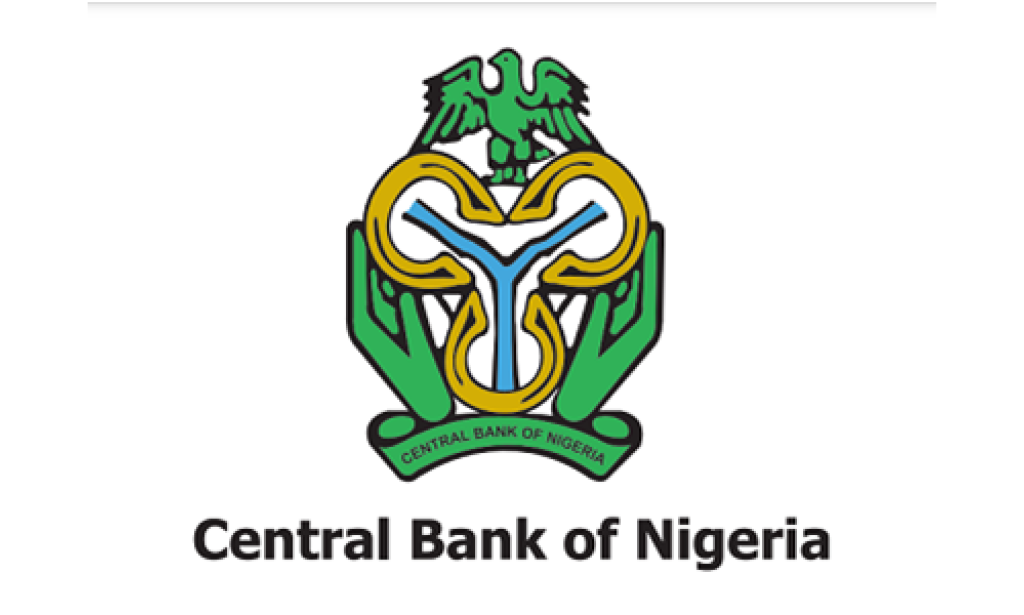The Nigeria Central Bank (CBN) Price Verification System (PVS) is a relatively new system, and there are some potential dangers associated with it. These dangers include:
- Increased bureaucracy and paperwork: The PVS requires importers to provide a lot of documentation, which can be time-consuming and costly. This could discourage some importers from importing goods, which could have a negative impact on the economy.
- Lack of transparency: The CBN has not released detailed information about how the PVS works, which could lead to concerns about transparency and accountability.
- Misuse by corrupt officials: The PVS could be misused by corrupt officials to extort money from importers. This could discourage investment and growth in the economy.
- Inaccuracy of data: The CBN relies on data from a variety of sources, and this data may not always be accurate. This could lead to the PVS generating inaccurate price estimates, which could harm importers and consumers.
Overall, the CBN PVS has the potential to be a valuable tool for preventing over-pricing and mispricing of goods imported into Nigeria. However, there are some potential dangers associated with the system that need to be addressed.
Here are some of the ways to mitigate these dangers:
- The CBN should make more information about the PVS available to the public. This would help to increase transparency and accountability.
- The CBN should put in place measures to prevent corrupt officials from misusing the PVS. This could include establishing clear rules and regulations for the use of the system.
- The CBN should regularly review the data used by the PVS to ensure that it is accurate. This would help to prevent the system from generating inaccurate price estimates.
The Nigeria Central Bank's Price Verification System poses potential risks. While designed to regulate and verify prices, it has unintended consequences that might undermine the market's natural dynamics. Over-reliance on this system could discourage genuine competition, potentially foster economic inefficiencies, and may lead to a misallocation of resources. It's crucial for stakeholders to be aware of these pitfalls to ensure that the system is employed effectively without hampering economic growth.
By addressing these dangers, the CBN can help to ensure that the PVS is a positive force for the Nigerian economy.



You must be logged in to post a comment.